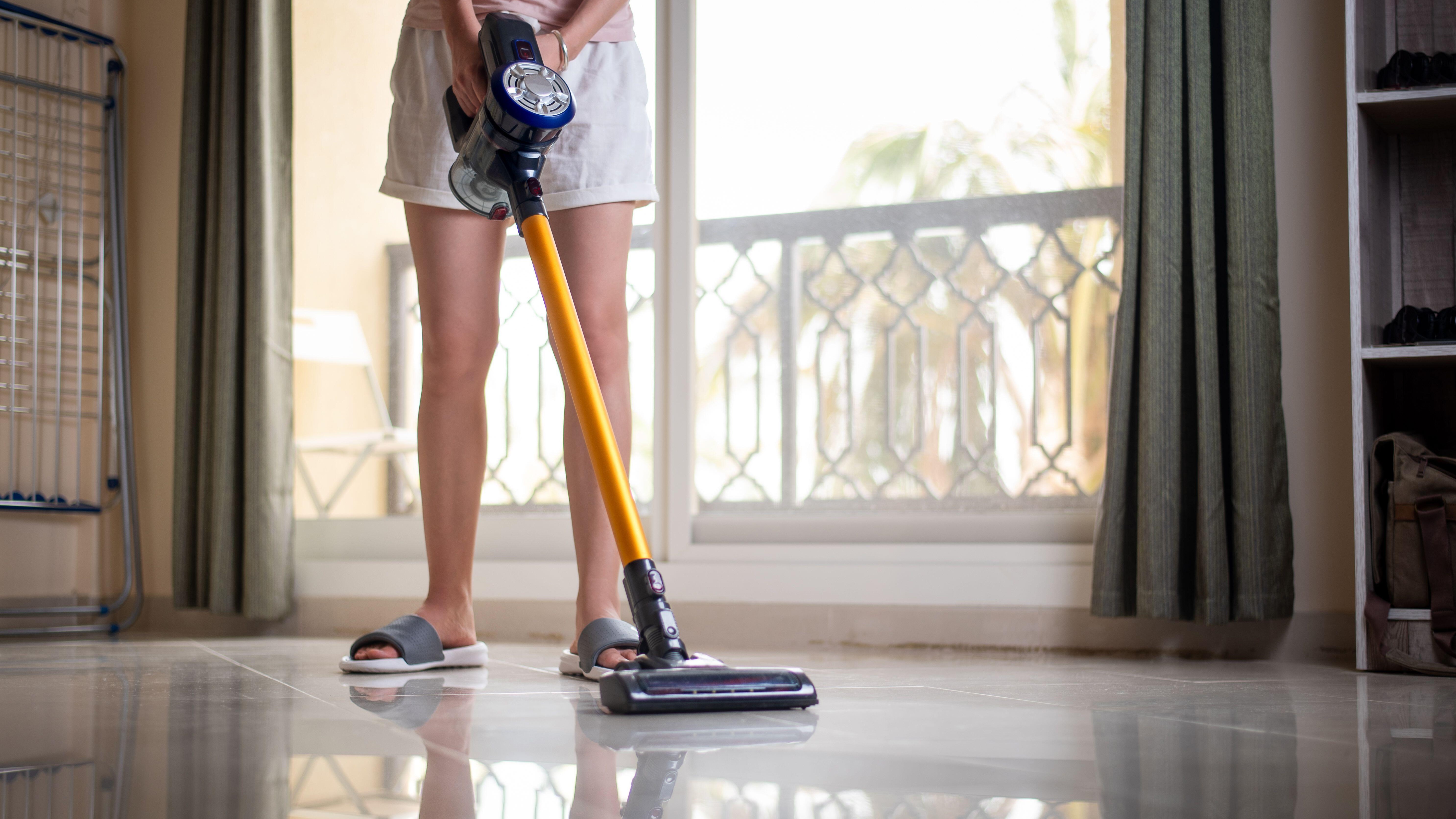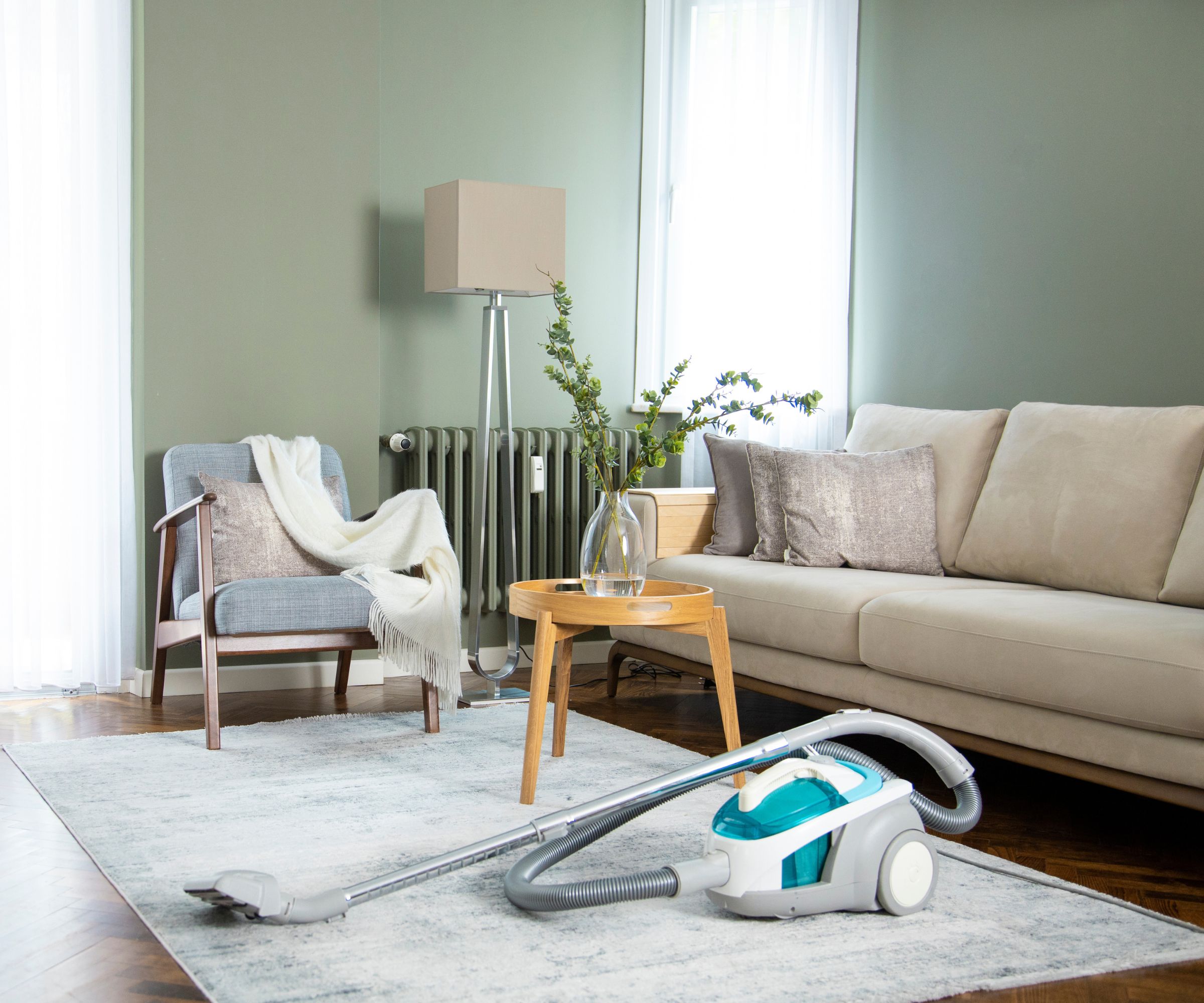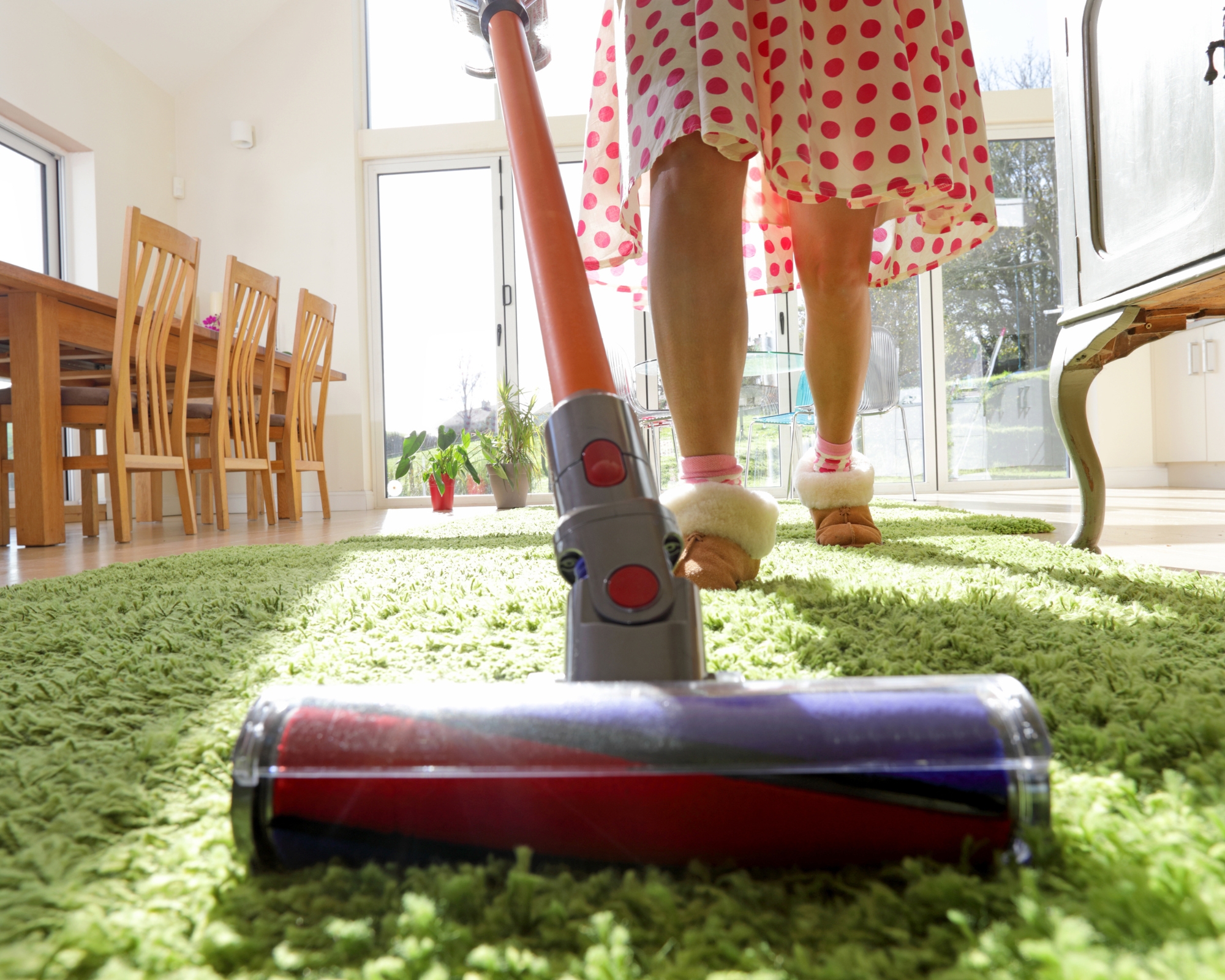
Design expertise in your inbox – from inspiring decorating ideas and beautiful celebrity homes to practical gardening advice and shopping round-ups.
You are now subscribed
Your newsletter sign-up was successful
Want to add more newsletters?

Twice a week
Homes&Gardens
The ultimate interior design resource from the world's leading experts - discover inspiring decorating ideas, color scheming know-how, garden inspiration and shopping expertise.

Once a week
In The Loop from Next In Design
Members of the Next in Design Circle will receive In the Loop, our weekly email filled with trade news, names to know and spotlight moments. Together we’re building a brighter design future.

Twice a week
Cucina
Whether you’re passionate about hosting exquisite dinners, experimenting with culinary trends, or perfecting your kitchen's design with timeless elegance and innovative functionality, this newsletter is here to inspire
Once you know when it's time to replace your vacuum cleaner, you're then tasked with having to dispose of your old one. And it's not as if you can simply throw it in the trash.
All of the best vacuum cleaners will reach the end of their life one day, but when that day comes, it doesn't have to be much of a task. Fortunately, there are options available to dispose of your vacuum cleaner that are sustainable and demand minimal effort.
I caught up with waste management specialists and professional contractors to find out the four best ways to dispose of your old vacuum, that not only protect the planet, but make the most out of the electrical parts.
1. Donate or sell

This is a great option if your vacuum still works or just needs some fixing, like if the vacuum's lost suction power. 'There are a lot of non-profit organizations, social services, or secondhand stores that would be more than happy to use these vacuums,' explains Josh Miller, CEO of Clean Carpets.
If there aren't any reputable spots nearby or you don't have easy access to any, consider posting online to see if anybody is happy to pick it up. Even if your vacuum might be smelling or broken, savvy people will be happy to save some money by fixing it up themselves.
Learn when it's time to replace your vacuum cleaner in our dedicated guide.
2. Check your manufacturer
If your vacuum no longer works, consult your manufacturer to see if they offer any trade-in services. Often, they'll facilitate pickup of your old vacuum, whether you're simply returning the parts or upgrading to a new one of theirs. This is also a great opportunity to check your warranty info, to find out if you're eligible for any replacement for faulty goods.
Design expertise in your inbox – from inspiring decorating ideas and beautiful celebrity homes to practical gardening advice and shopping round-ups.
'Some electronic manufacturers like Dyson, Eufy, and Electrolux offer trade-in programs. In this case, you can trade-in your old vacuum cleaners to these manufacturers when you buy a new unit. They will gladly take your old vacuum cleaners for either disposal or recycling,' says Michael Feazal, CEO of Roof Maxx.
Even if you're not upgrading to a new machine, many brands and online stores will arrange pickups of old vacuums to aid their sustainability programs. Contact brands like Shark, iRobot, Tineco, Bissell and Dreame or, if you bought yours from a retailer like Home Depot, Kohl's, Walmart or QVC, be sure to contact them there instead.
3. Recycling centers and programs

'One effective avenue in my practice as an environmental consultant involves specialized e-waste recycling programs that dismantle or recycle electronic components more efficiently than most recycling centers,' explains Daniel Anderson, electronic waste specialist and CEO of Gorubbishgo.
'These services are very convenient and include pickup options, even for the largest appliances. This ensures that every part of your vacuum cleaner is recycled correctly with minimal environmental impact,' he adds.
Similarly to returning it to the manufacturer, disposing your old vacuum cleaner in this way is one of the most sustainable options available, as you'll be helping those who know how, to recycle as much of the appliance as possible. A quick Google search will reveal local vacuum recycling schemes.
'In my opinion, the most environmentally sound way to dispose of your old vacuum cleaner would be to look for local recycling centers that accept these equipment. This approach ensures that your old pre-loved vacuum cleaner's components, especially the valuable and harmful materials, are meticulously retrieved and recycled rather than carelessly discarded into landfills,' Michael adds.
4. Repurpose or reuse its parts
'If your vacuum cleaner still works, then think creatively: upcycle,' Daniel recommends. 'Instead of sending it to the dump, make something out of it.'
'You might turn the motor in your vacuum into a strong blower for yard work or use parts to build a homemade air purifier. There are many DIY tutorials online that can both inspire and instruct you in re-purposing household appliances into either practical or decorative items.'
Up cycling would take a lot more time (not to mention technical prowess), but the results would be rewarding, and you could recycle any parts you don't use to still be as sustainable as possible.
Next, avoid these vacuum cleaner mistakes for a cleaner home, or consider one of the best vacuums for pet hair.

Dan is the Home Tech Editor for Homes & Gardens, covering all things cleaning, sound, smart home, and air treatment across the Solved section.
Having worked for Future PLC since July 2023, Dan was previously the Features Editor for Top Ten Reviews and looked after the wide variety of home and outdoor content across the site, but their writing about homes, gardens, tech and products started back in 2021 on brands like BBC Science Focus, YourHomeStyle and Gardens Illustrated.
They have spent more than 400 hours testing and reviewing vacuums, soundbars and air purifiers for Homes & Gardens.
Dan has a BA in Philosophy and an MA in Magazine Journalism. Outside of work, you'll find them at gigs and art galleries, cycling somewhere scenic, or cooking up something good in the kitchen.
